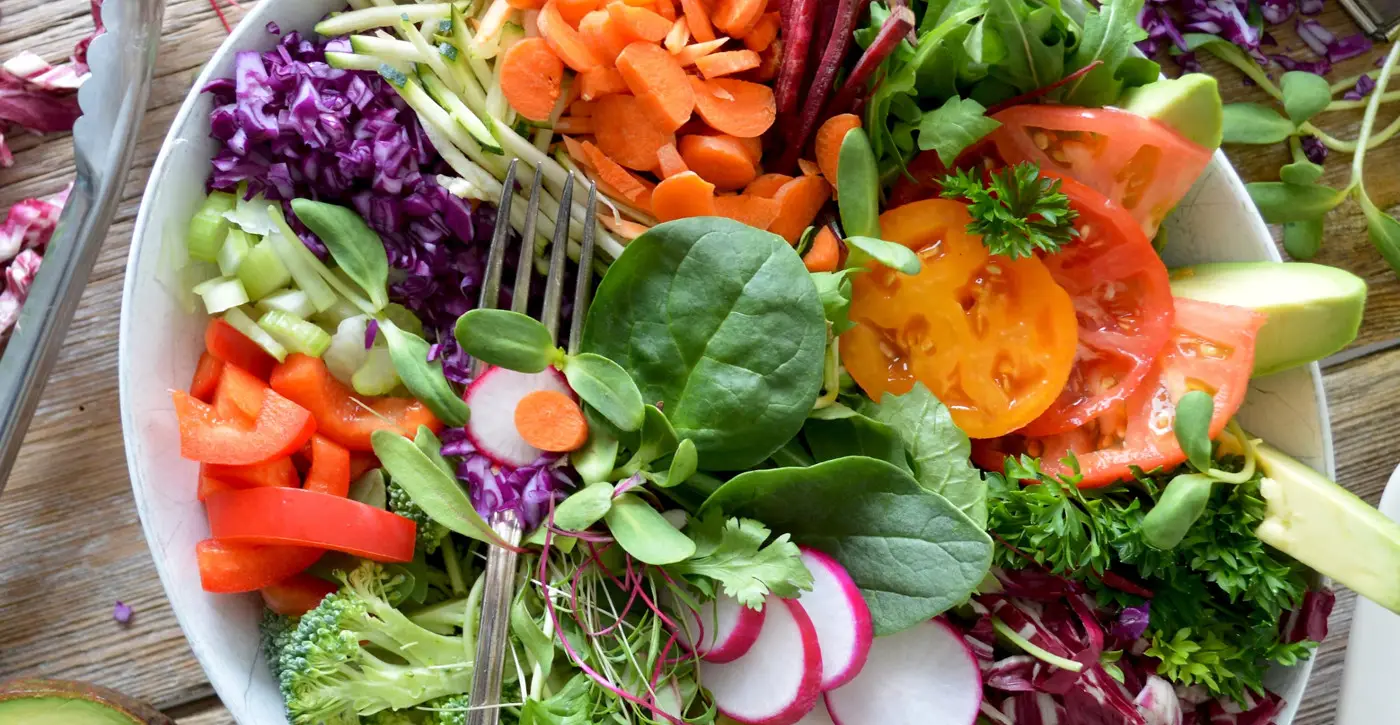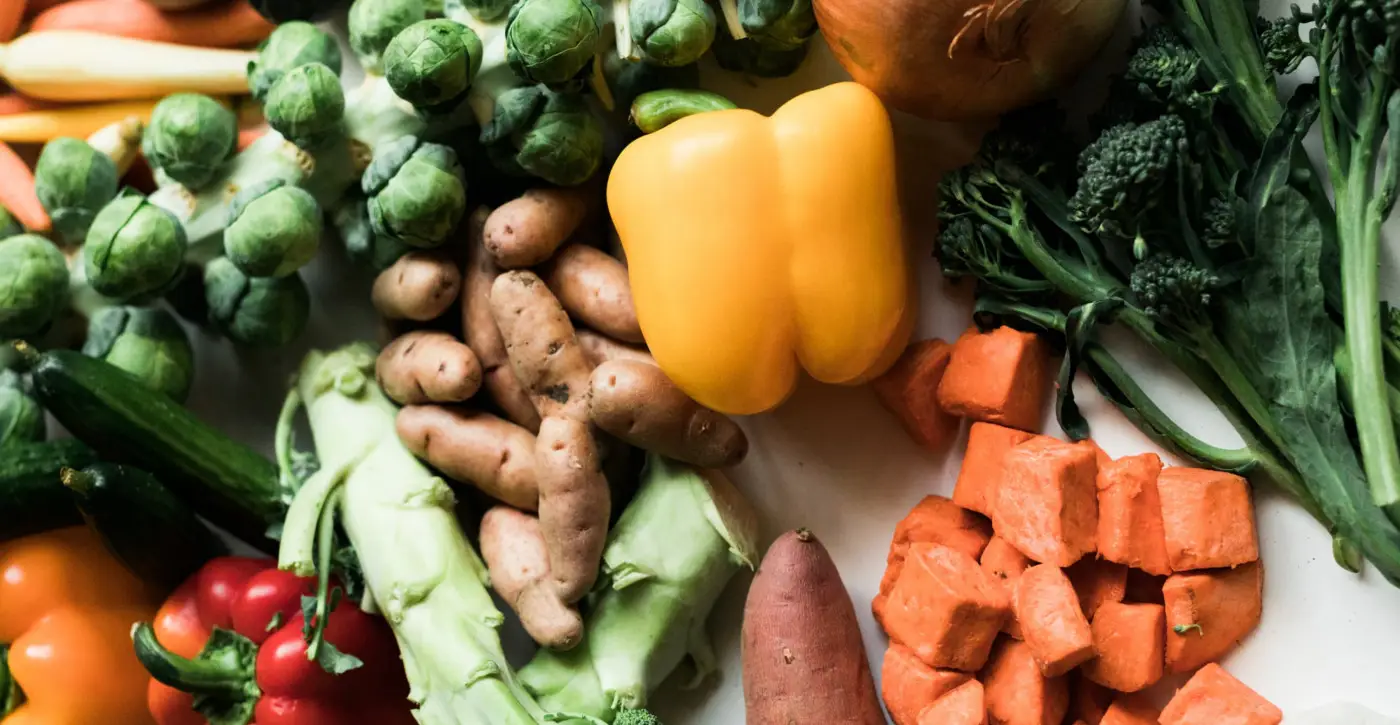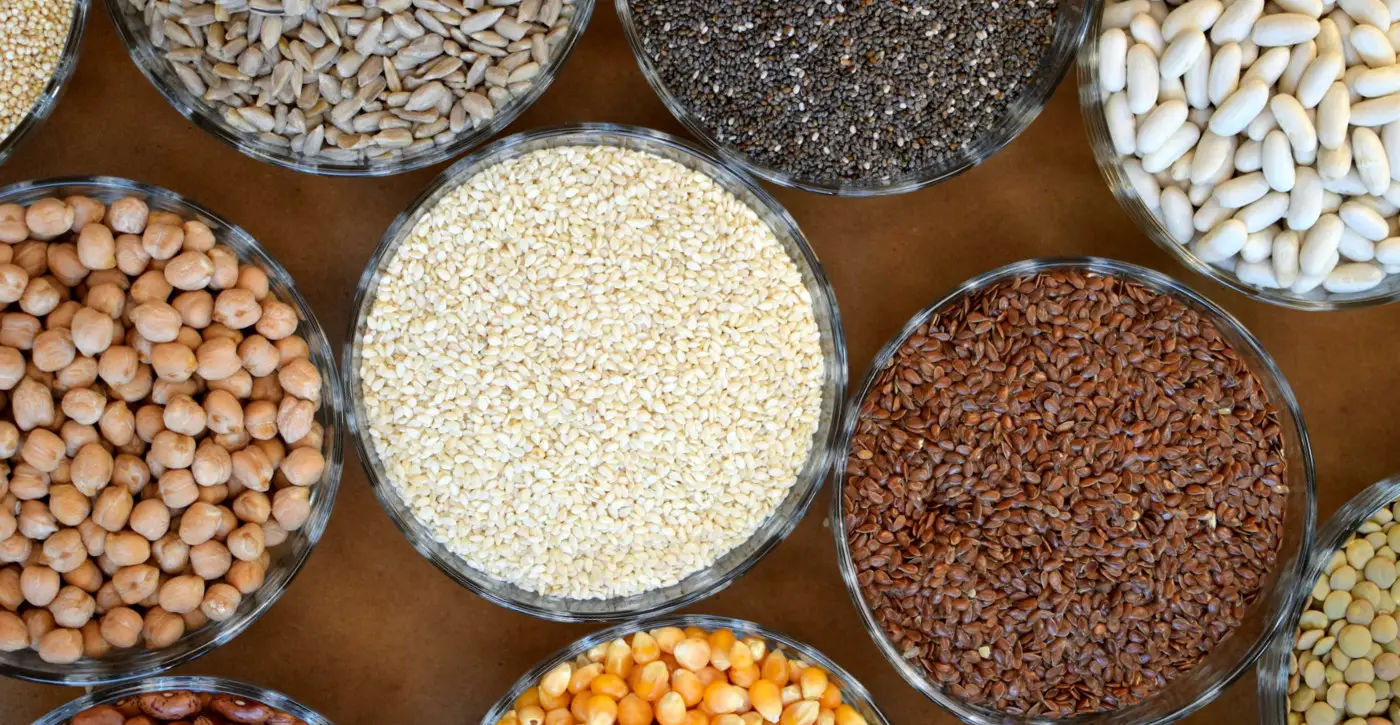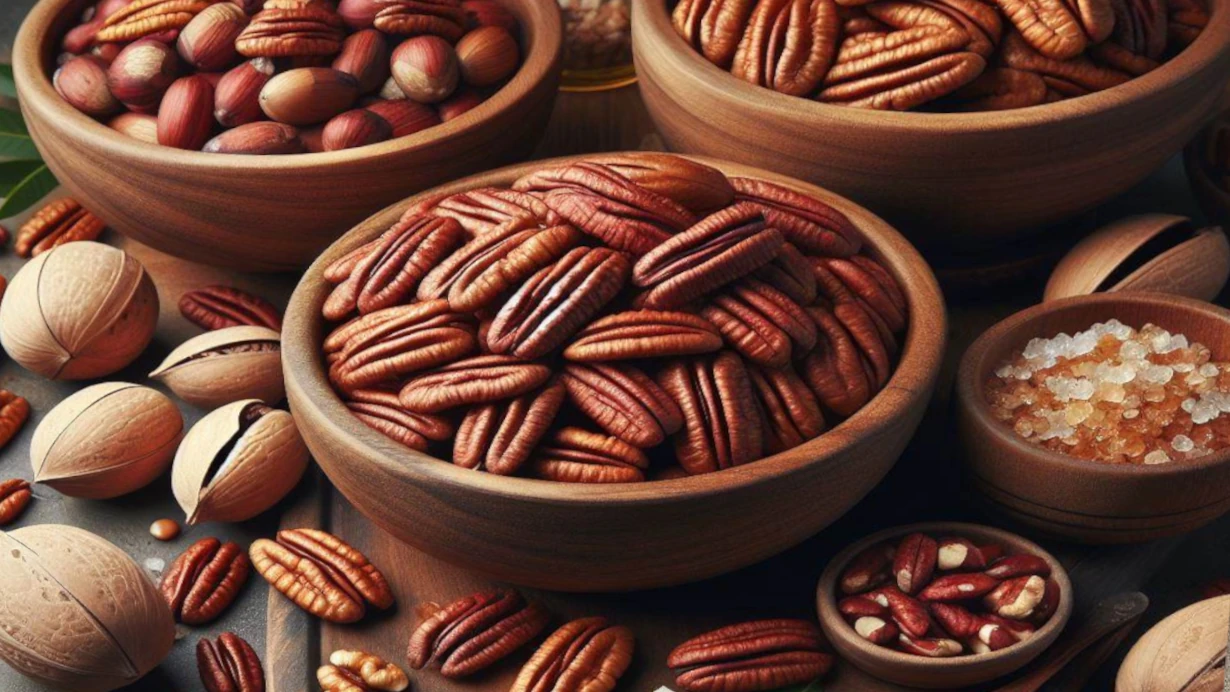Turmeric Lysine and Arginine Info Sheet
Overview
Turmeric is a bright yellow spice that has a warm, bitter taste and is frequently used to flavor or color curry powders, mustards, butters, and cheeses.Turmeric is known for its anti-inflammatory effects and high antioxidant content.
Curcumin, the active ingredient in turmeric, can boost levels of the brain hormone BDNF, which increases the growth of new neurons and fights various degenerative processes in the brain.
| Name | Lysine (mg/100g) | Arginine (mg/100g) | Ratio |
|---|---|---|---|
| Turmeric | 11mg | 16mg | 0.69 |
Turmeric contains 11mg of Lysine and 16mg of Arginine per 100g of product.
This means Turmeric has a low Lysine-Arginine ratio of 0.69.
Because Turmeric contains slightly more arginine than lysine, reducing its consumption may help people who suffer from herpes, as it may lower the viral activity.
Lysine Considerations
Turmeric contains a small amount of lysine, so it’s not a significant source of this essential amino acid, which is found in protein-rich foods.
It's one of the nine amino acids that the body can't produce, so it must be included in our diet.
Lysine has multiple roles in the body, such as aiding in growth, healing, energy production, immune function, and the production of collagen.
Research indicates that lysine may have an impact on the herpes virus, which is responsible for cold sores and genital sores.
Taking lysine supplements or using lysine cream could potentially prevent or treat these infections by slowing down the amino acid arginine, which the virus requires for growth.
Arginine Considerations
Turmeric also contains a small amount of arginine. It does not contribute significantly to your overall intake of this amino acid.
Arginine has different functions in the body, including wound healing, helping the kidneys remove waste products from the body, and maintaining immune and hormone function.
Arginine also plays a role in the replication of the herpes virus, making it a key factor in cold sore outbreaks.
The herpes virus requires arginine to grow, replicate, and create new herpes viruses.
Foods a good source of arginine, such as nuts and chocolate, may increase the frequency and severity of these outbreaks.
Lysine-Arginine Ratio
The lysine to arginine ratio in turmeric is relatively low, which means it provides more arginine than lysine per 100g.
This could potentially trigger HSV outbreaks in some individuals in large amounts.
Lysine and arginine are both amino acids that are involved in protein synthesis and other metabolic processes.
That said, they have opposite effects on the herpes simplex virus, which causes cold sores and genital herpes.
Lysine can inhibit the replication of the virus, while arginine can stimulate it.
Because of this, eating foods that have a high lysine-arginine ratio may help reduce the frequency and severity of herpes outbreaks.
Some examples of foods that have a high lysine-arginine ratio are milk, cheese and yogurt, fish, poultry, fruits, and vegetables.
These foods can provide the body with enough lysine to block the absorption of arginine by the virus, and thus prevent its growth and spread.
Dietary Considerations

For example:
Drinking enough water to keep yourself hydrated and remove toxins from your body.
Water can also help prevent dryness and irritation of the skin and mucous membranes, which can result in fewer outbreaks.
Consider taking l-lysine supplements, which can help prevent herpes outbreaks and stop a cold sore before it emerges by limiting the availability of arginine for the virus, which it requires to produce a cold sore.
Foods that can boost your immunity and fight inflammation are essential to prevent outbreaks.
Honey, yogurt, aloe vera, and chamomile are some examples of these foods.
They can also soothe your symptoms and help you recover quicker by reducing pain, swelling, and itching.
Check more food information






